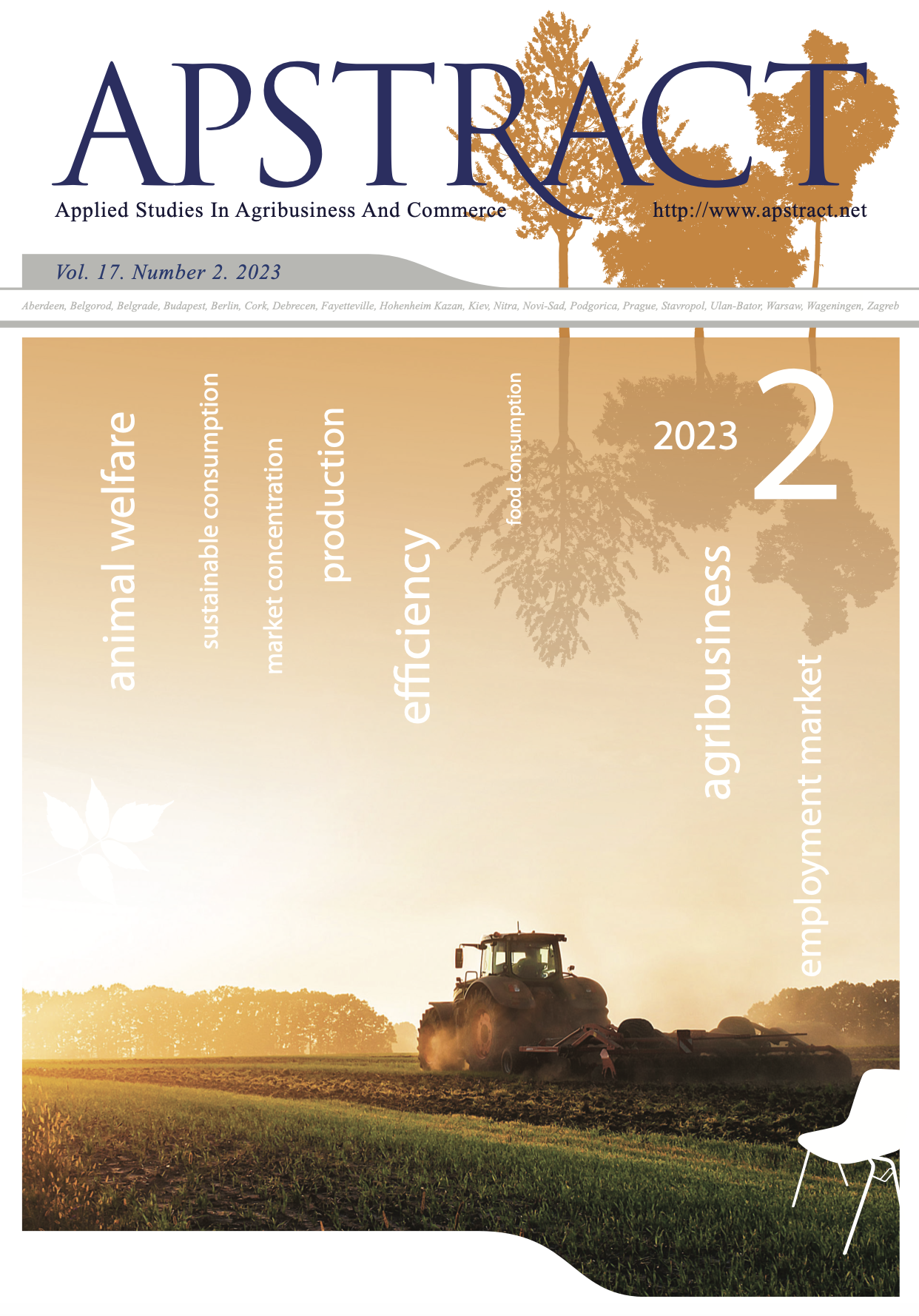IMPACT OF CLIMATE CHANGE ON PEOPLES’ LIVELIHOOD AND LIVESTOCK PRODUCTION IN UGANDA
Author
View
Keywords
License
Copyright (c) 2024 Ivan Wafana

This work is licensed under a Creative Commons Attribution-NonCommercial 4.0 International License.
How To Cite
Accepted 2024-01-24
Published 2023-12-30
Abstract
Livestock sector in Uganda contributes significantly towards individual household income and food security and even though peoples’ dependance on livestock production for survival in Uganda is a reality, it’s also undeniable that livestock, which provides food and revenue on a worldwide scale, would be vulnerable to the direct or indirect consequences of climate change. Agriculture contributed 24.1% of the Uganda’s GDP in the financial year (FY) 2021–2022 and according to the Uganda bureau of standards (UBOS), agriculture employs over 70% of Uganda's working population. The purpose of this present study was to to evaluate the impact of climate change on peoples’ livelihood and livestock production in Uganda. Bibliometric analysis was the quantitative technique used for reviewing and describing published publications that assisted in evaluating academic works from secondary data obtained on digital databases in the context of this study. The VOS viewer software was used as a tool to perform the co-occurrence analysis, and then to realize the visualization of the impact of climate change on peoples’ livelihood and livestock production in Uganda using articles analysed on platform research with associated references from the Web of Science database. The visualisation highlighted topical areas that reflect the impacts of climate on peoples’ livelihood and livestock such as diseases, drought, coping strategies, greenhouse gases, drought, vulnerability, dry lands, mobility among pastoral communities, low productivity, reduced forage resources, elevated temperature extra all of which negatively affects the economic levels of individuals and the national income from livestock either directly or directly. Conclusively, interventions that are aimed at improving climate smartness in Uganda’s livestock farming communities may have significant food security and income benefits for different livelihoods.
Keywords: climate, livestock animals, livelihood, income


 https://doi.org/10.19041/APSTRACT/2023/2/12
https://doi.org/10.19041/APSTRACT/2023/2/12




